7 ways to prevent mosquito bites at night
Do you often wake up with mosquito bites? Read these tips
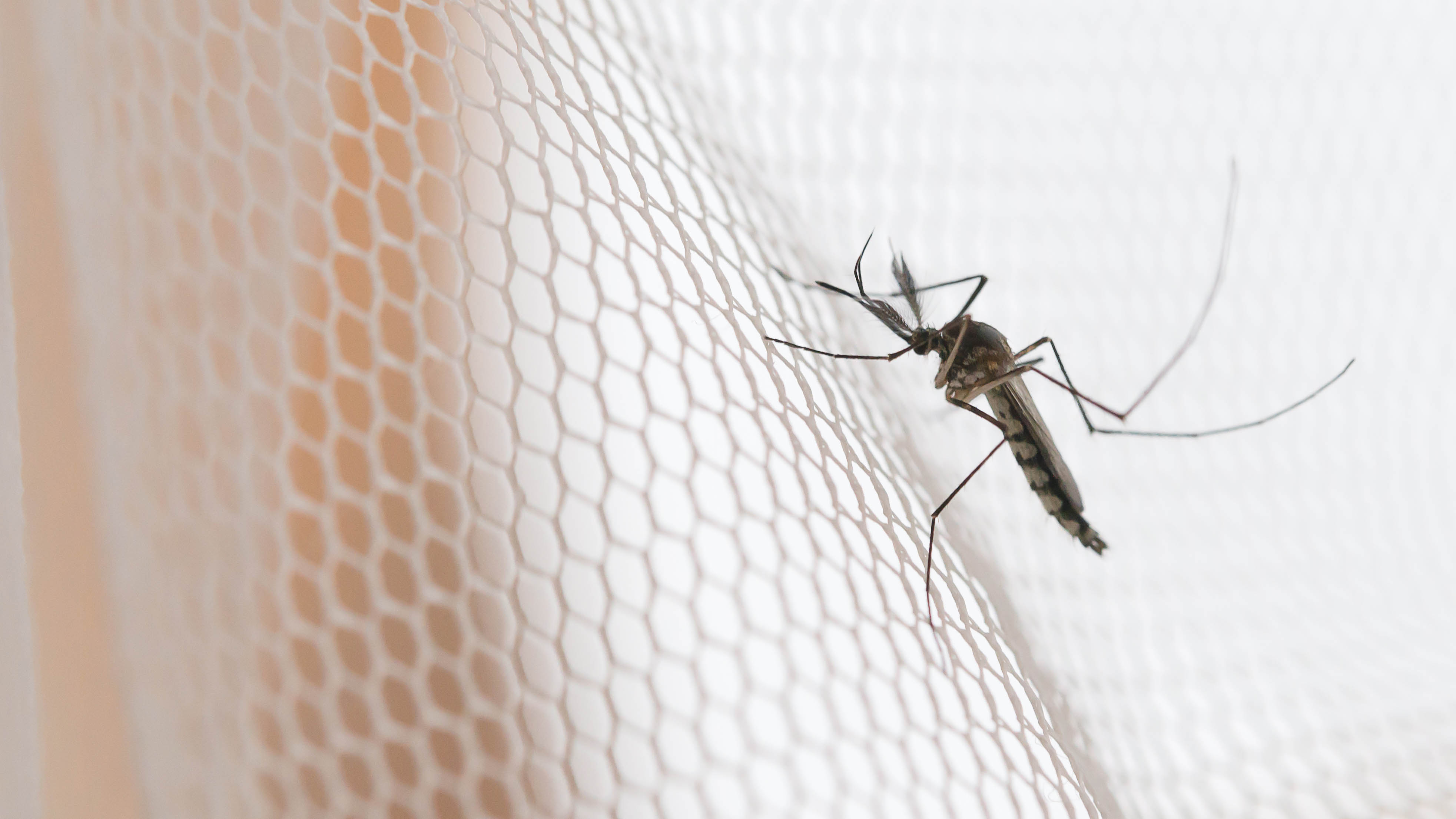
Given the hot temperatures, sleeping isn’t always an easy task at the moment. And things aren’t improved if you hear a familiar buzzing as you try to get some z’s. Mosquitoes frequent our bedrooms at this time of year, and should you ignore their presence, you can easily wake up with tell-tale bites. This leads to itchy and inflamed skin, but in serious cases, these pests can transmit fatal diseases, including malaria and dengue. So you’ll want to avoid these bites as best you can.
Learning how to get rid of mosquitoes can help keep them out of your yard, but there are specialist tips to keep your bedroom mosquito-free too. From showering before you sleep, to wearing the right scent, there’s all kinds of steps you can take. If you’re keen to learn more, here we cover 7 ways to prevent mosquito bites at night, so you can get some rest undisturbed.
1. Mosquito nets
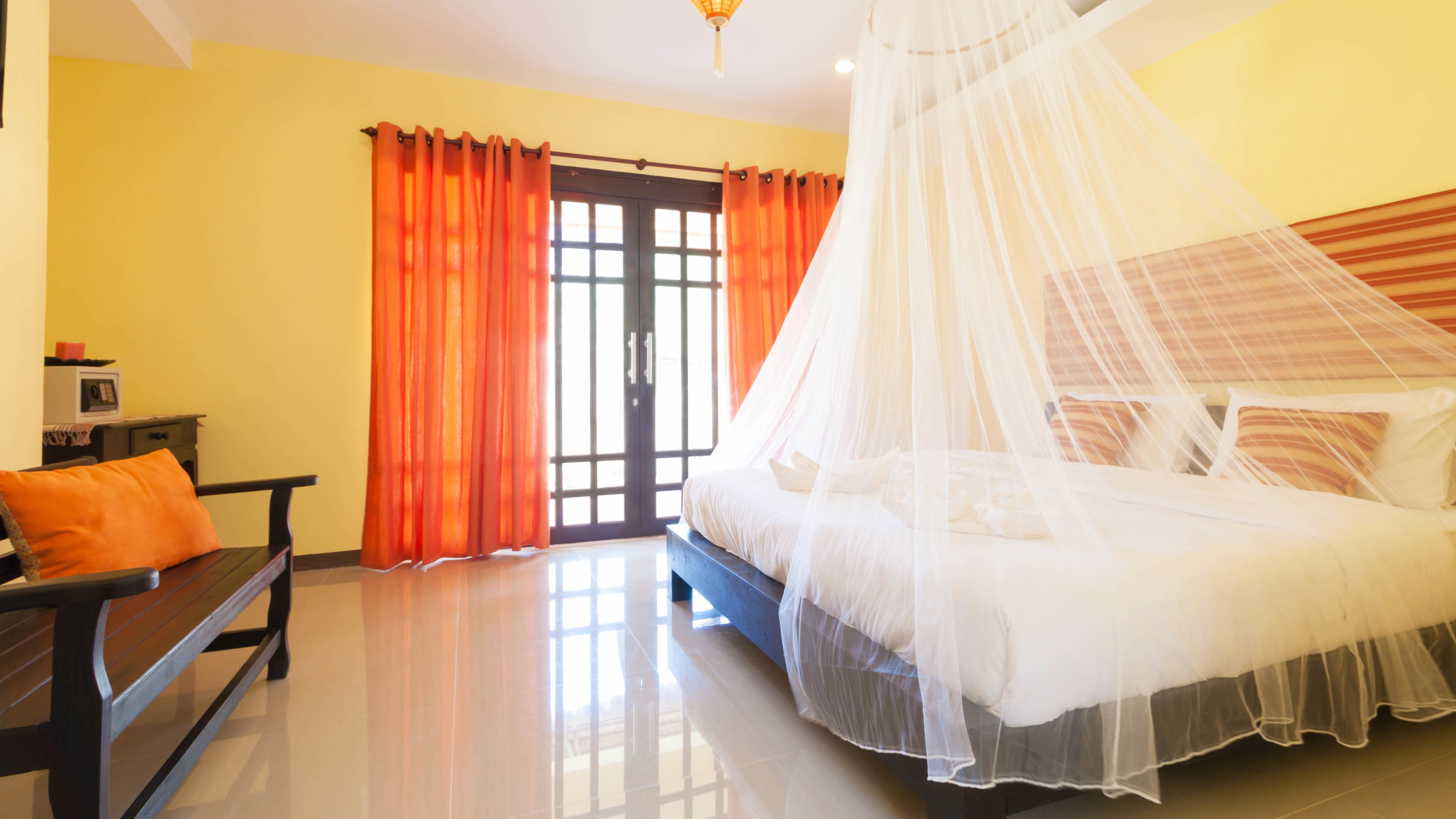
The first and most obvious tip is to invest in a good quality mosquito net to hang above your bed. This creates an active barrier between you and the mosquitoes at night, so long as it completely surrounds your bed, with no gaps. Sleeping within will be breathable, but the mesh will be fine enough that these pests can’t fit through. An example of this would be the AIFUSI Mosquito Net for Bed ($17.69, Amazon).
Plus if you can find one that’s been treated with an insecticide, then it will be all the more effective. If your net doesn’t reach the floor, you may have to tuck it under the mattress to prevent mosquitoes from flying in from beneath. Remember to inspect your netting for gaps before you go to sleep as well — if the opening isn’t fully closed or overlapped, then you’re not fully protected. Wear long pajamas if you can, including socks — this creates an additional barrier for the majority of your skin.
2. Fans
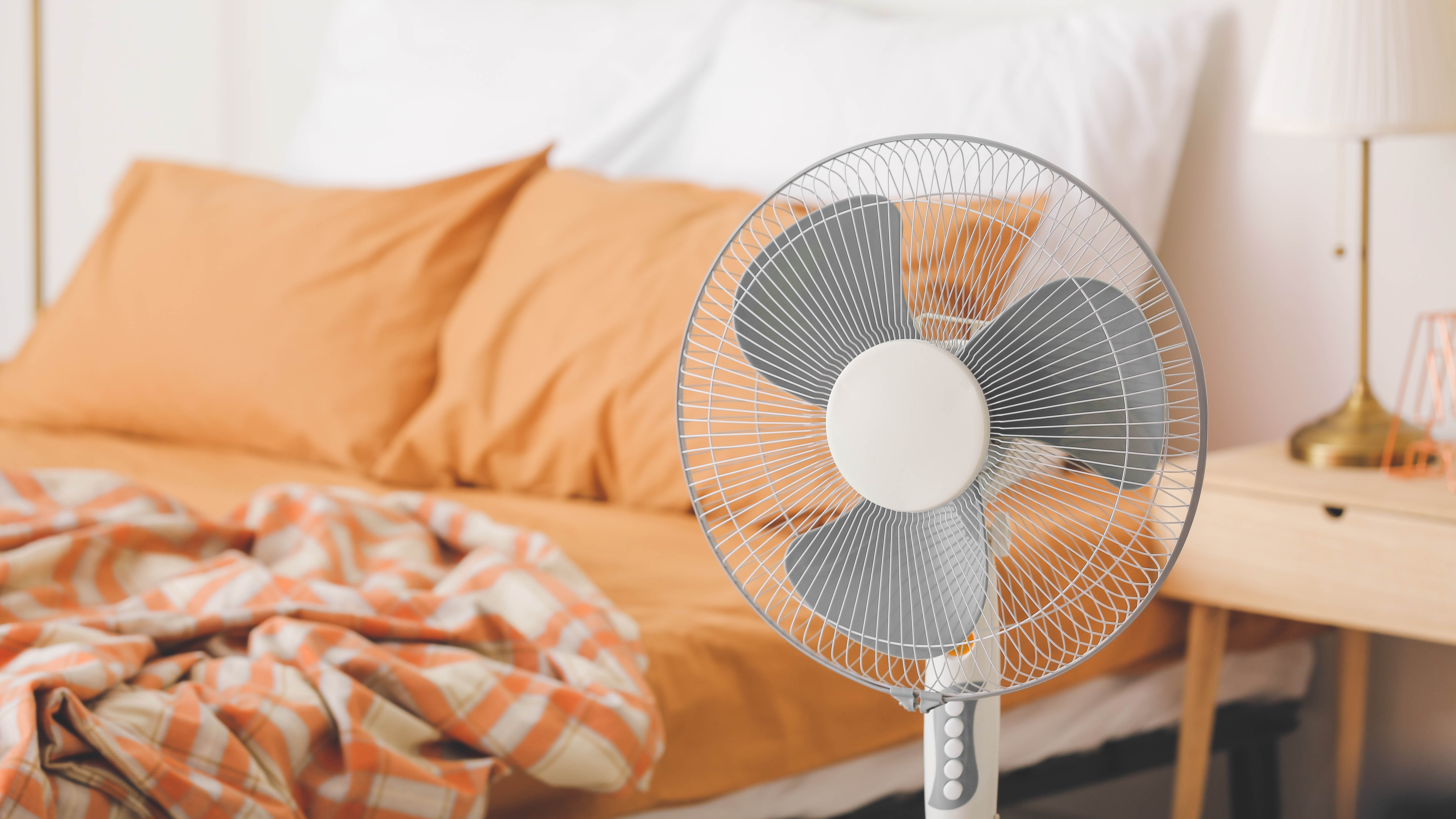
When you stop and look, you realize that mosquitoes aren’t very strong fliers. This is because their wings lack range, which means they need to beat them that much faster to fly, resulting in more energy consumption. You can take advantage of this weakness with a few well-placed fans in the bedroom. Not only will these help keep you cool at night, it will put off flying mosquitoes and leave them grounded.
If you want to double-down on your efficiency, you could invest in one of the best air purifiers with a built-in fan, to help clean your air as you create a breeze. Try to get a model which oscillates, so the breeze isn’t focused. You can always make use of a ceiling fan as well — just make sure it’s turning counter clockwise if you want a downdraft to help cool you.
3. Scents
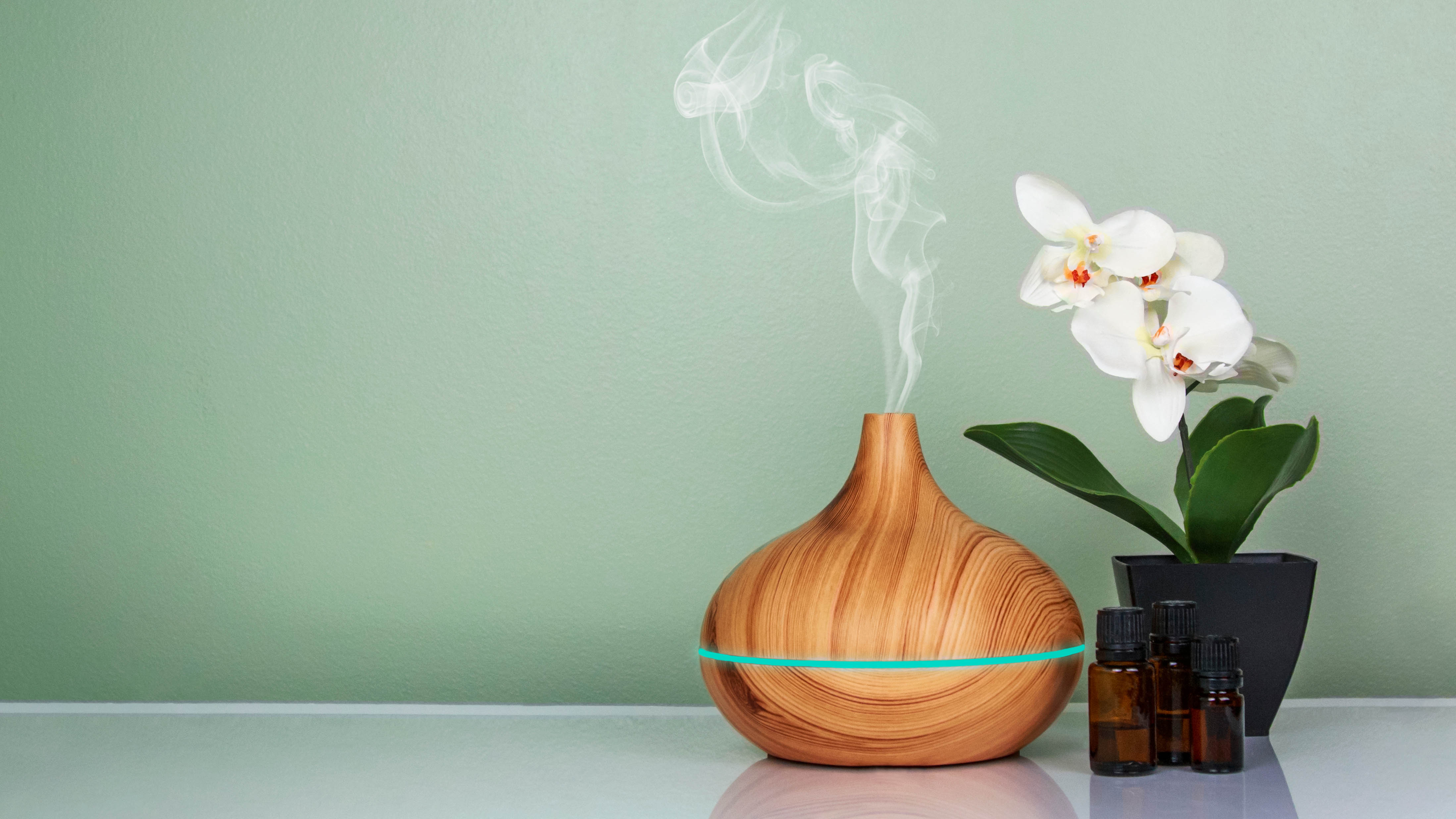
Mosquitoes are quite picky when it comes to fragrances. By taking advantage of those they dislike, you can deter them from visiting your bedroom. Options you can use include lavender, eucalyptus, lemongrass and peppermint. Essential oils are available for each of these, which you can diffuse in your room — although, make sure your diffuser has a timer so it won’t run all night. You can also apply essential oils directly to your skin, just be sure to patch test first. Alternatively, candles are available to spread the scent, but you should never leave these lit while you sleep, unattended. Instead, build up a gentle scent in your room during the day, so it can impact mosquitoes at night.
Sign up to get the BEST of Tom's Guide direct to your inbox.
Get instant access to breaking news, the hottest reviews, great deals and helpful tips.
Such fragrances are often found in moisturizers and night creams — particularly lavender, which is known to aid sleep — so take advantage here if you can and make your body less appealing to nearby mosquitoes. There’s all sorts of items that incorporate these fragrances too, from pillow sprays, such as W by Wallford Natural Lavender Room Spray Linen spray and Pillow spray ($13.99, Amazon), to eye masks, such as this Weighted Lavender Eye Mask ($24.99, Amazon). Why not make your bedroom smell good and put off rogue mosquitoes at the same time?
4. Colors
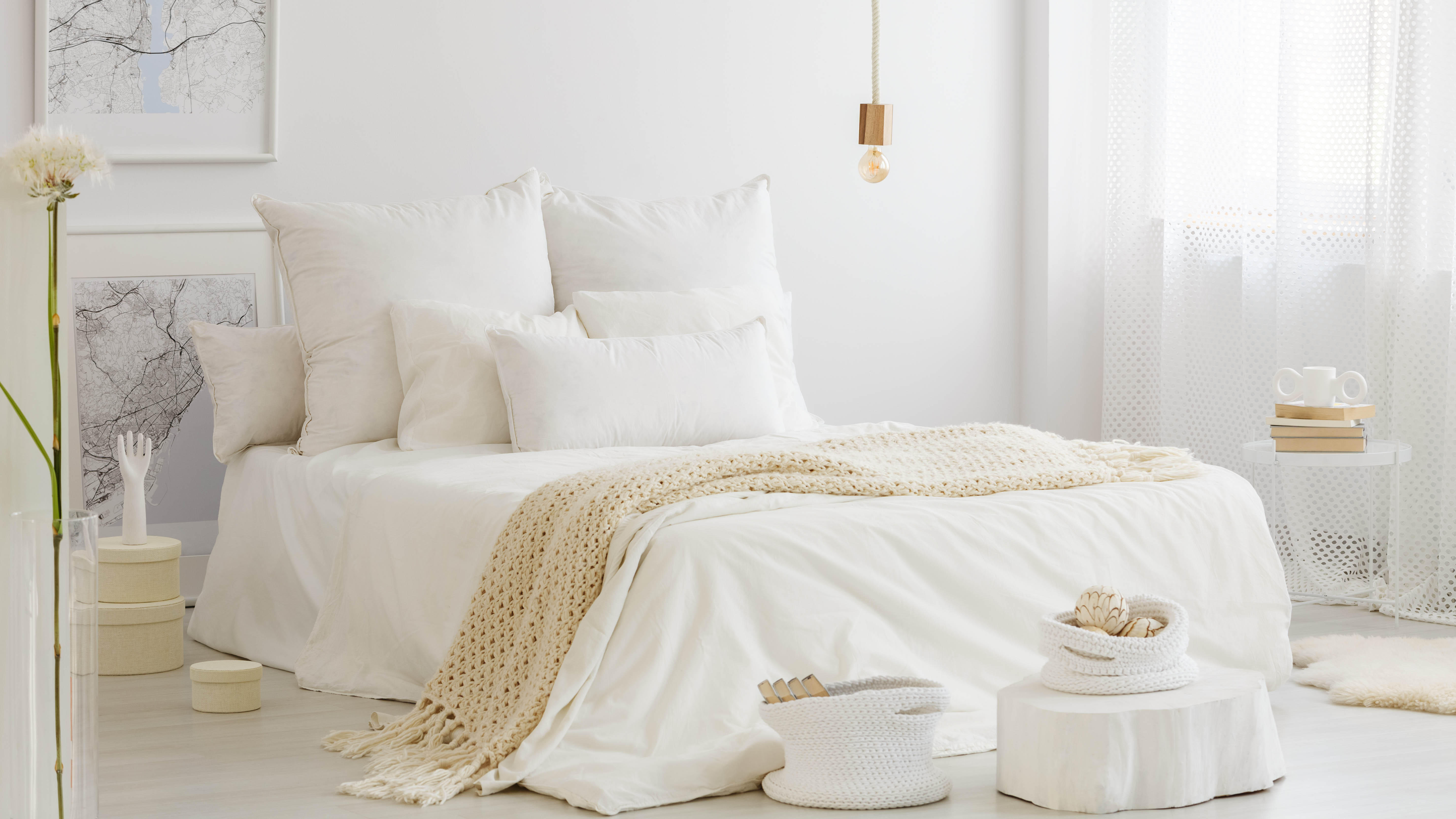
Mosquitoes are sensitive to colors as well as fragrances. In fact, we’ve found 5 colors that repel mosquitoes and keep them away. By incorporating any of these into your bedroom, be it decorations, bedsheets or pajamas, you’re actively deterring them from the space. Colors which mosquitoes hate include blue, purple, green, beige and white. It’s easy to find items in terms of the latter two colors, but you’ve got options if you like bright and vibrant décor too. Keep in mind we’ve also found 5 paint colors you should never use in a bedroom.
On the other hand, mosquitoes are attracted to darker colors, including navy, black, red and orange. There are a few reasons for this; first, these colors typically have the longest wavelengths of light, and once mosquitoes smell carbon dioxide, that’s what they're on the lookout for. Black could potentially represent shade to mosquitoes on top of this, and the opportunity for rest. So, if your room primarily features any of these colors, it might be time for some redecorating.
5. Screens on windows
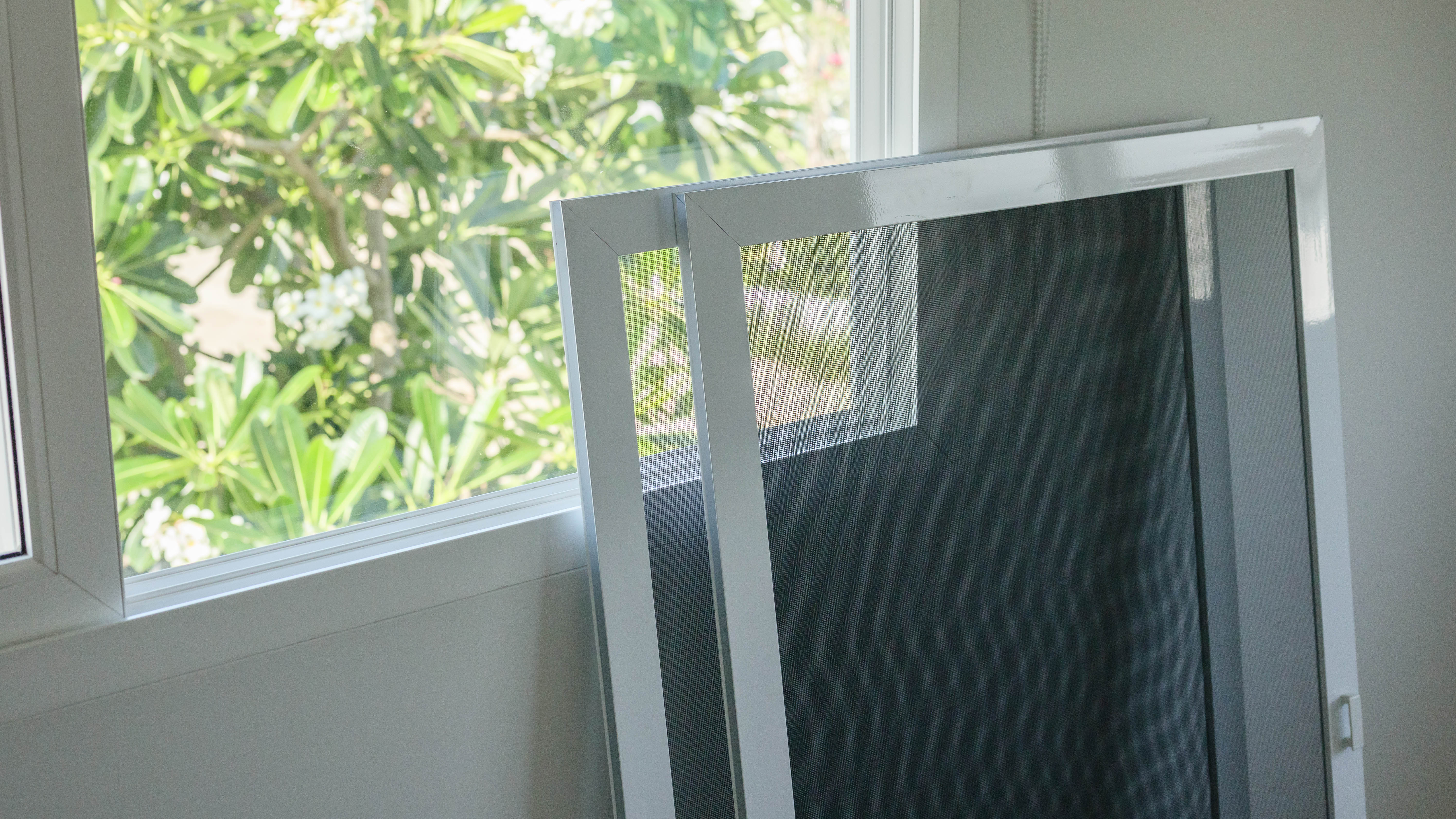
If you can stop mosquitoes from getting into your home in the first place, you can rest easy at night. One of the best ways to do this is by installing screens on your windows and doors. This lets you crack open your windows at night to help cool the space, but without consequential mosquitoes finding their way in. Make sure your screens are installed flush against the edges and always monitor them for damage. Should damage occur, replace as necessary.
You can either fit a permanent window screen solution or opt for a temporary screen which you can fit and remove as needed, such as Fenestrelle Expandable Window Screen ($39.89, Amazon). Don’t forget to wash your window screens as needed. To do this, simply remove them and wash each side with soapy water. Then rinse, leave to dry and replace.
6. Shower before bed

One of the scents mosquitoes are attracted to is the smell of sweat. This isn’t surprising considering it leads them directly to their next meal. So if you’ve worked up a sweat with a hard day’s work and you climb straight into bed, you’re pretty much ringing the dinner bell. Take a shower before you go to bed to wash away any residual sweat. Try to keep yourself cool at night as well — use a summer duvet along with pillows which feature cooling technology, such as the Casper Foam Pillow with Snow Technology ($111.20, Casper).
Remember that any residual sweat in your sheets could be a contributing factor too, and should you spot yellow stains, that’s a giveaway. Replace your bedding regularly, and remember to give the actual duvet and pillows a wash every so often as well. We recommend washing these every four months for guidance, while bedsheets should be washed once a week, although more often may be required if you sweat heavily at night.
7. Grow the right plants
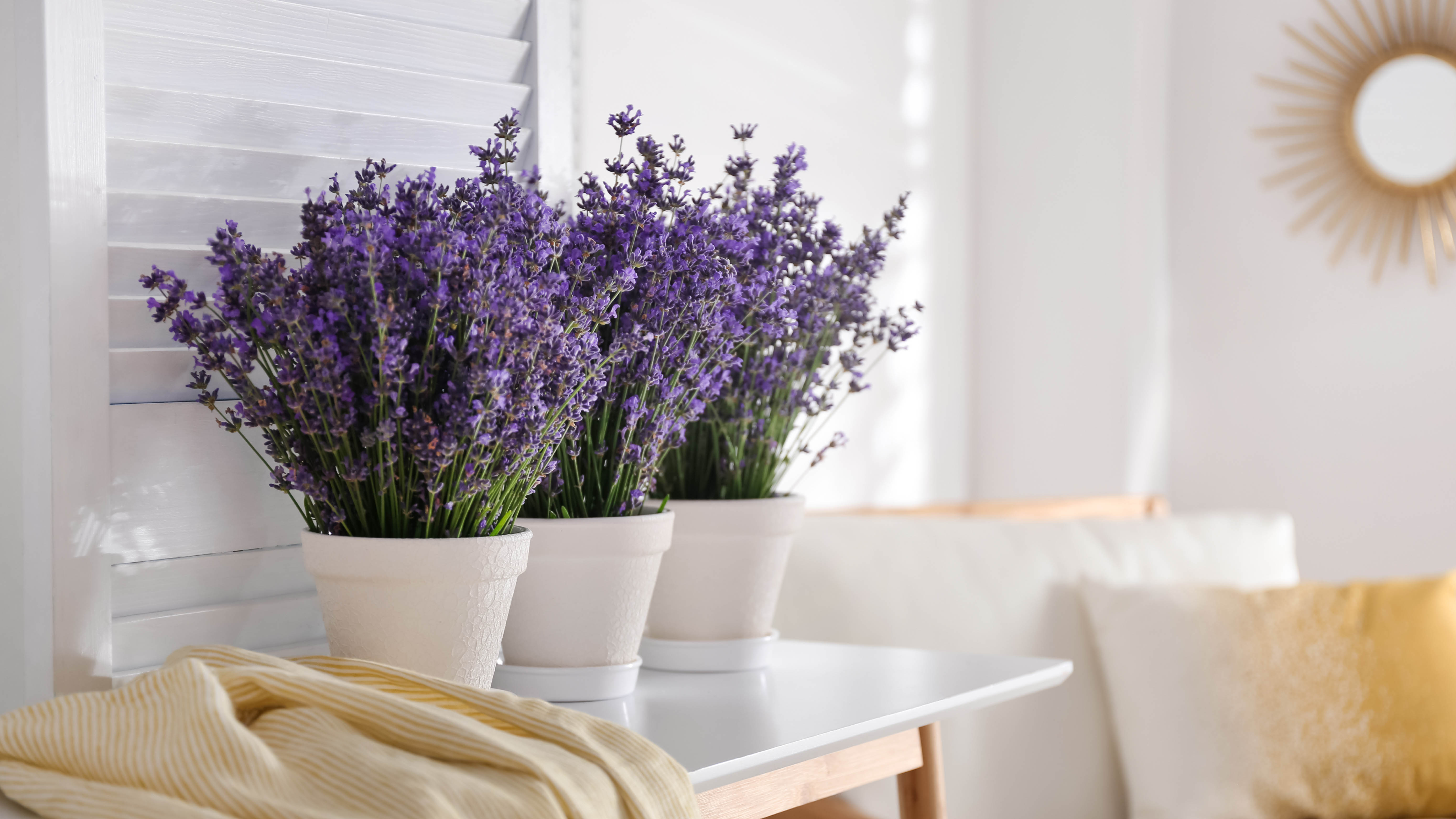
Remember those fragrances which mosquitoes hate? You can take advantage of these in plant-form. Lavender and lemongrass can be easily grown indoors to ward off mosquitoes. Plus, there’s several other plant varieties which can contribute too, particularly when it comes to herbs. Rosemary, basil and sage can all make an impact. Catnip too will take its toll on mosquitos. If you want to make a meal of your chosen plant, garlic is particularly effective. For more information, see 9 plants that repel mosquitoes.
Be strategic in terms of where you place these plants to get the best effect. By your bedside could be a good spot, or if you want to keep mosquitoes from entering your room in the first place, a windowsill might be better.
More from Tom's Guide

Katie Mortram used to be a Homes Editor for Tom's Guide, where she oversaw everything from kitchen appliances to gardening tools, as well as smart home tech. Specializing in providing expert advice for cleaning and home manintenance, she now works as Household Advice Editor for Good Housekeeping.
